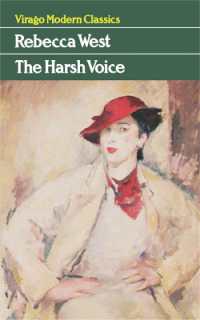- ホーム
- > 洋書
- > 英文書
- > Literary Criticism
Full Description
Originally published in 1965. Despite his prolificacy, Washington Irving remained an underexamined figure among literary scholars at the time William L. Hedges published his definitive study of the author in 1965. Most contemporary scholars believed that Irving's central contribution to the American literary tradition was that his work was "polished" and "suave." These scholars maintained that Irving's aristocratic sensibilities defined the stylistic choices of his literary works. To assume this, Hedges contends, is to "both let the man and the work slip beyond one's grasp." Hedges demonstrates that much of Irving's work can be understood in the context of his conflict between federalist and conservative politics. Irving, in other words, found himself incapable of committing to a coherent set of beliefs or attitudes, and this cultural uneasiness manifested itself in his early work. Washington Irving: An American Study, 1802-1832 tries to correct some of the misapprehension about Irving's place in nineteenth-century American literature.
Contents
Preface
Abbreviations
Introduction
Chapter 1. The Provincial Quest for Style
Chapter 2. Logocracy in America
Chapter 3. The Fiction of History
Chapter 4. The Lintels of the Door-Post: Reflections on an Indigenous Literature
Chapter 5. The Romantic Transition
Chapter 6. The Alienated Observer
Chapter 7. The Ancestral Mansion and the Haunted House
Chapter 8. The Way the Story Is Told
Chapter 9. The Unreal World of Washington Irving,
Index








